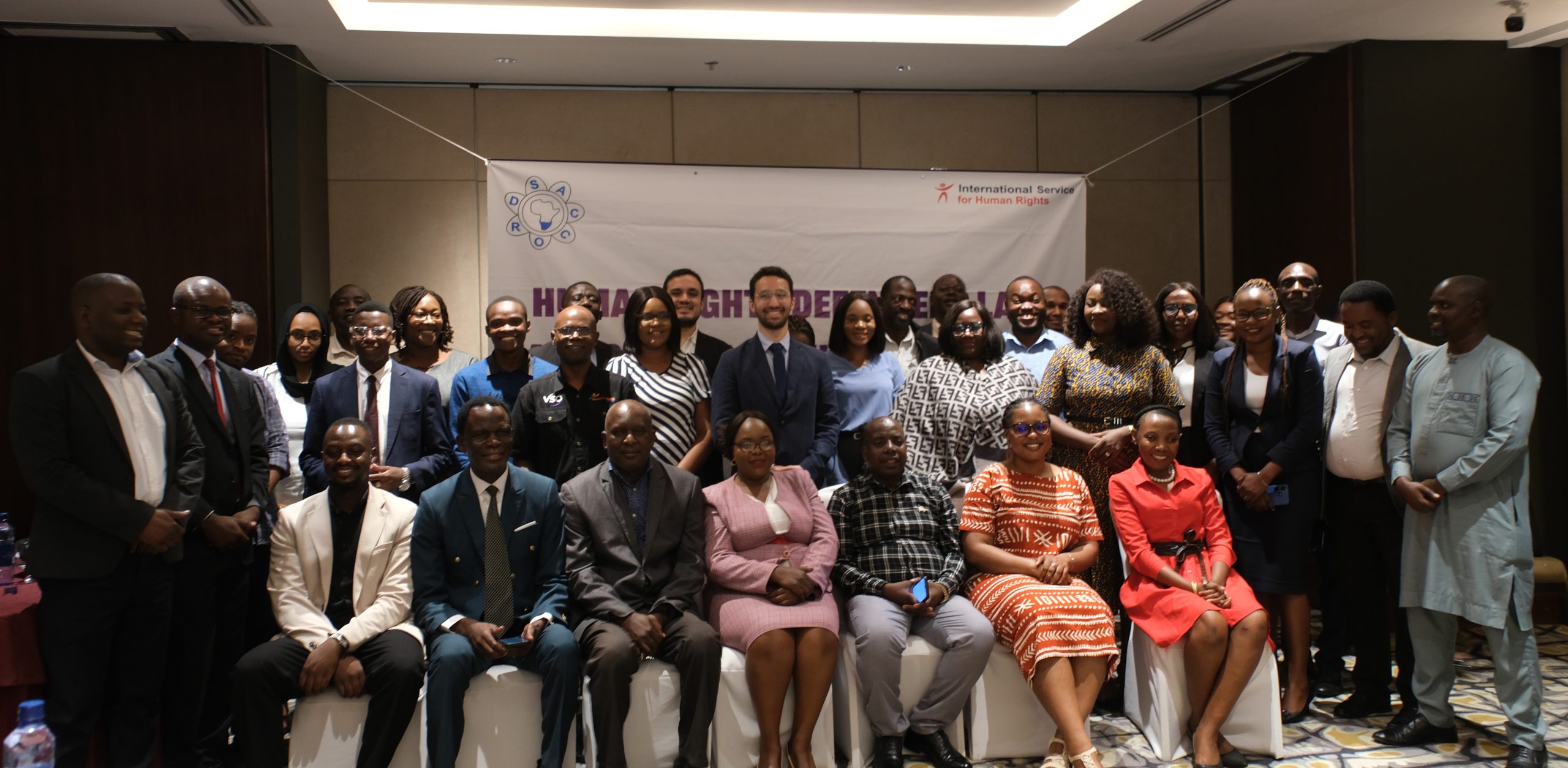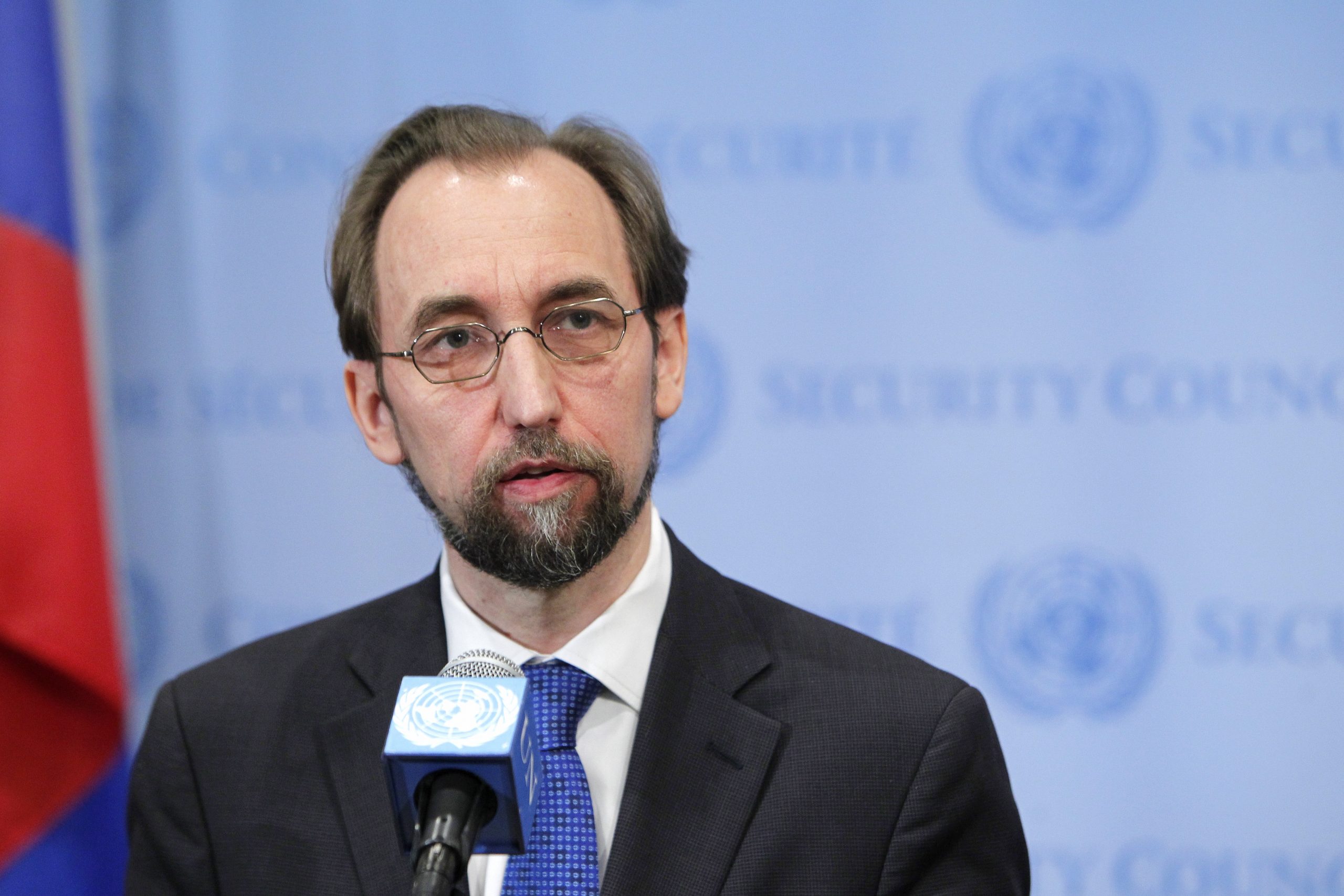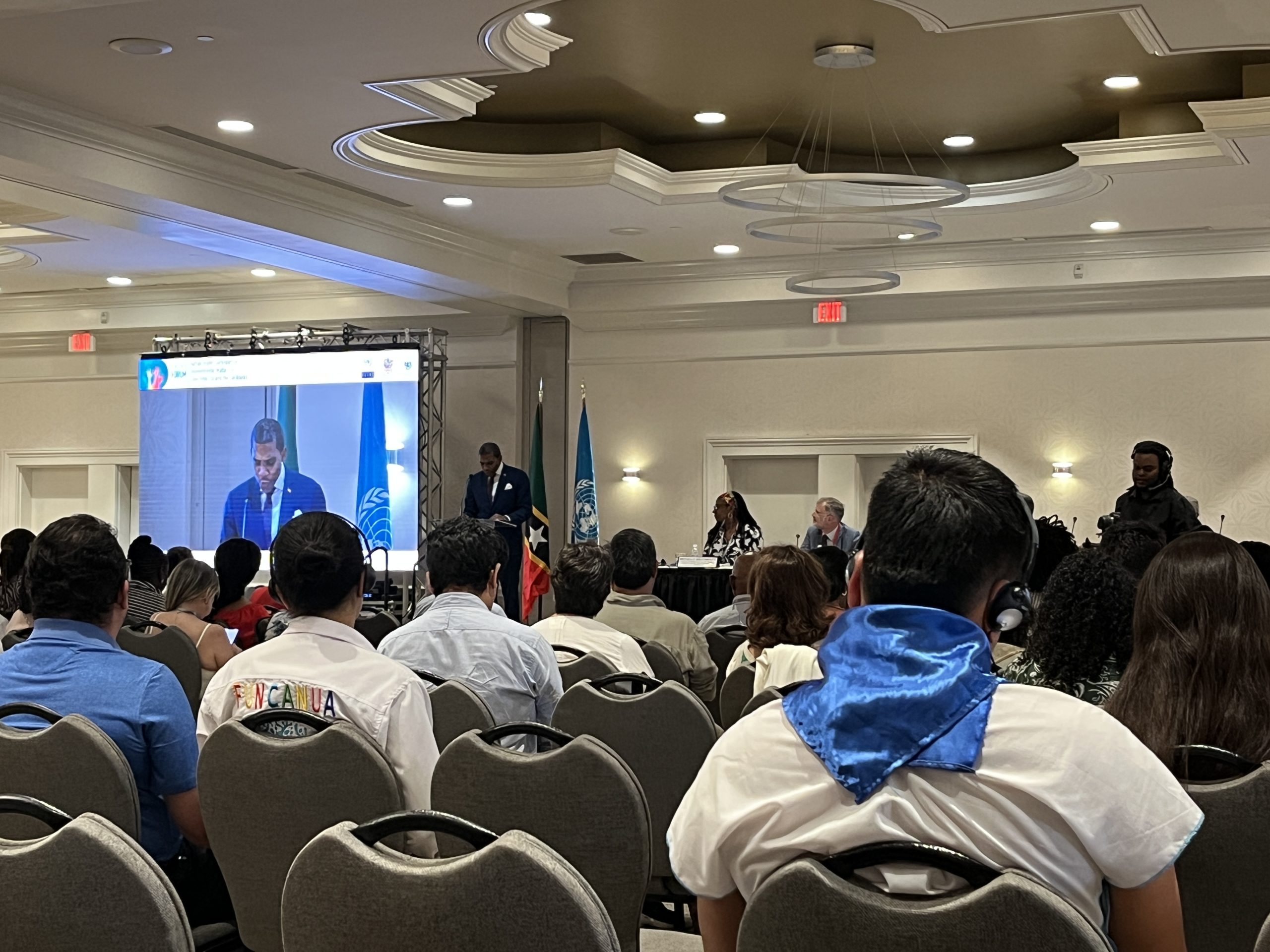(Geneva) – The International Service for Human Rights has welcomed the appointment of Prince Zeid Ra’ad Zeid al-Hussein of Jordan as the next UN High Commissioner for Human Rights and called upon him to follow the outstanding example set by the current High Commissioner, Navi Pillay, in supporting human rights defenders, promoting accountability for human rights violations, and pursuing access to justice for victims.
Prince Zeid’s appointment was today approved by the UN General Assembly following his nomination for the post by UN Secretary-General Ban Ki-moon. He will take up the position in September at the conclusion of Ms Pillay’s term.
Prince Zeid comes to the post with a proven track record in international criminal law, having played a crucial role in the establishment and operation of the International Criminal Court. He also has an impressive diplomatic record, having served two terms as Jordan’s Ambassador to the UN in New York and acted as President of the UN Security Council.
‘Human rights defenders and the High Commissioner for Human Rights are essential partners in the struggle for human rights and against injustice. We look forward to working closely with Prince Zeid in his important new role,’ said ISHR Director Phil Lynch.
‘We also look forward to Prince Zeid continuing on the path set by Navi Pillay who, throughout her term, was accessible to civil society, provided protection and support to human rights defenders, stood up and spoke out for universal human rights and against discrimination in all of its forms, and was unafraid to confront privilege and power.’
In her final speech to the Human Rights Council, delivered last week, Ms Pillay said that it is the role of the High Commissioner ‘to speak truth to power; to confront privilege and entrenched hierarchy with an unshakeable belief in human dignity, equality and freedom.’ States need to see OHCHR as ‘a friend that is unafraid to speak the truth’, to expose ‘hidden abuses’, and to ‘ensure better governance and justice,’ she said.
‘Human rights defenders and civil society activists look to the High Commissioner both to protect them against risks and threats and to work with them to contribute to the promotion and protection of human rights on the ground,’ Mr Lynch said.
‘In order to fulfil this function it is vital that the High Commissioner be readily accessible to civil society and be unequivocally committed to protecting them from intimidation and reprisals. We shared an outstanding relationship with Navi Pillay and look forward to a similarly strong relationship with her successor in Prince Zeid.’ Mr Lynch said.
Prince Zeid assumes the post at a time when the Office of the High Commissioner faces what the outgoing High Commissioner has warned of as significant ‘financial and political contraints’ and pressures.
‘Prince Zeid can count on ISHR and other civil society actors to be vigilant in working to safeguard the independence and integrity of the Office and to advocate for an increase in its resources,’ Mr Lynch said.
The new High Commissioner will assume his post in September.
‘We look forward to working with Prince Zeid and pay tribute to Navi Pillay for an exemplary job,’ Mr Lynch said.
Photo: UN Photo/Devra Berkowitz




